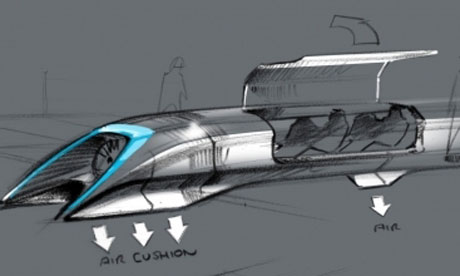Since the 1930s total mobilization has not stopped; we are still and permanently mobilized within the flux of "active life" (la "vie active"). Being whatever singularities we are like blank pages on which any history could be written (that of Eichmann, that of a great artist, that of an employee with no vocation); we live surrounded by objects that could become ready-mades, could remain everyday objects, or traverse these two states. However in front of these possibilities, in a light sleep, beneath the surface of the real, a spread of advertising slogans and a host of stupid tasks saturate time and space. Until an interruption, we will remain foreigners to ourselves and friends with things.
Parataxis is thus the very form of our existence under a regime said to be democratic. Class difference remains calm, racism stays hidden, discrimination is practiced amidst a multitude of other facts, all flattened on the same horizontal plane of an amnesiac senile present. The images, impressions, and information we receive are a succession of "stuff" that nothing differentiates or organizes. Collage and channel-surfing are no longer separate activities, they are the metaphor for our perception of life. This is why we believe that it is no longer necessary to go one way or another on the death of the author: for if the author as "convention" seems more necessary than ever in the meaningless struggles to protect copyright and in the interviews with creators that infest the periodicals, we no longer even have to ask whether it was ever anything but a convention to serve the interests of power.
Claire Fontaine
Ready-Made Artist and Human Strike: A few Clarifications
